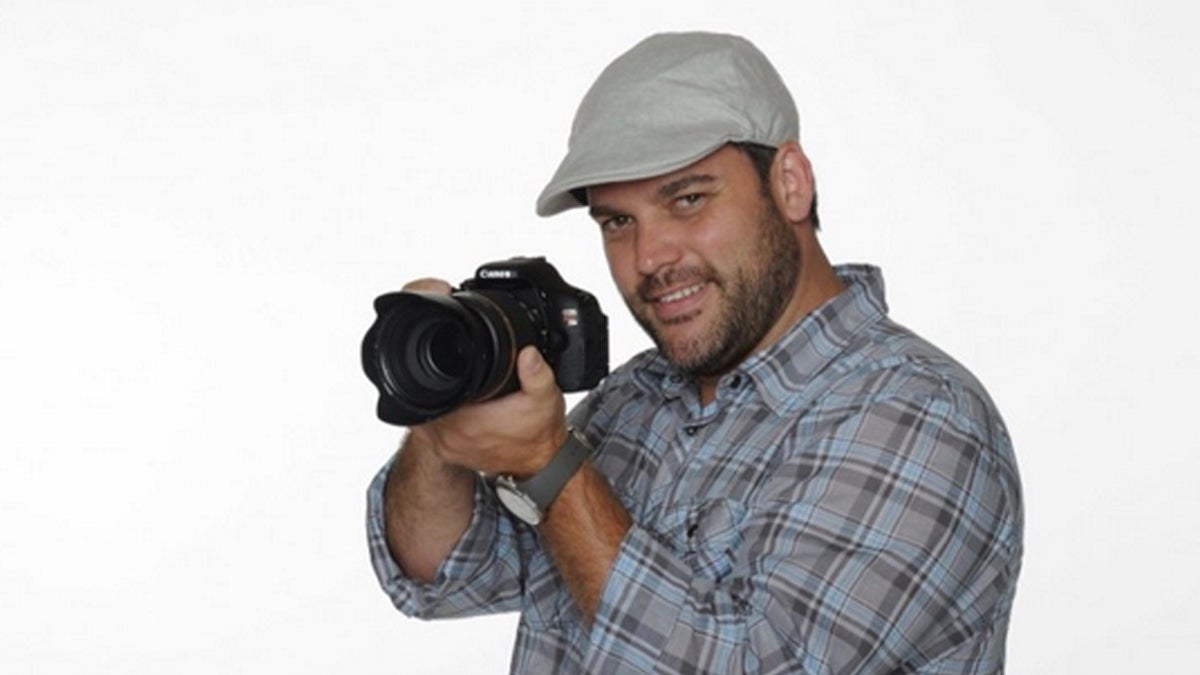Mental health advocates spread message of hope, despite Christopher Tully’s death

Christopher Tully (Image via gofundme.com/k0qapc)
The family of Christopher Tully has confirmed that a body found in the Schuykill River this weekend was that of the missing school teacher and father of three. Tully had a diagnosis of bipolar disorder, and jumped out of his parents’ car Jan. 6 on his way to a mental health treatment facility while in deep distress.
Tully’s story struck an especially sad note for Philadelphia Magazine senior writer Liz Spikol, who covers mental health issues. “I wish I could have talked to him, I wish I could have told him that things do get better,” she said.
Spikol not only has the same diagnosis as Tully did, she shares an eerily similar experience.There was a day, years ago, when she thought she couldn’t take it anymore. She was riding in her mother’s car along City Line Ave., on her way back from receiving treatment for bipolar disorder.
“I just felt panic, and I also felt like I can’t do this anymore, I can’t be in this car, I have to get out,” she recalled. “And I just got out while my mother was driving.” It was the same spot where Tully got out of his parents’ car.
Spikol’s mom chased after her, got her back into the car. And after years of struggling to adjust medications and lifestyle, the Philadelphia Magazine writer has enjoyed a long stretch of stability and wellness.
It requires a lot of work and attention, the writer admits. She sees her therapist once a week, and frequently tweaks her regiment of medications. She is always paying attention to her moods — as do her friends. “Sometimes friends say to me ‘you seem kind of down’ and then thinking ‘am I? I’m seeming down? Oh my god, am I?’ It’s sort of exhausting.”
Living with bipolar disorder requires discipline and vigilance, agreed psychiatrist Guillermo Otero, medical director of Einstein’s Crisis Response Center. He says he asks his patients to track measures of wellness on a daily basis.
“How many hours of sleep have they been getting at night, how is their mood,” he said. “Working with a clinician they can determine if my sleep is bad this is the medication I have to take, so that I can correct my sleep, usually correcting the sleep can avoid a manic episode, or hypomanic episode.”
Otero says he likens bipolar disorder to diabetes when talking to newly-diagnosed people. It takes effort to manage it, but it can be done. Healthy lifestyle, and following a regimen will result in the least amount of complications. He says the disorder requires a close relationship between the person affected by it and their therapist — because things change frequently, and it’s important to react quickly, and adjust treatment.
Liz Spikol says one of the major challenges after getting the diagnosis is to figure out the right mix of medications. In her case, it took almost eight years of trial and error. Spikol was hospitalized several times during that period. “It seemed like the medications would work for a brief period of time, and help with a certain set of symptoms, but then they might trigger different set of symptoms, it can be pretty chaotic.”
Despite all of this, Spikol wants people to know that bipolar disorder is manageable.
“It always does get better, if I could have something tattooed on my face, or perhaps wear a sandwich board, that seems more practical, it would say, ‘it does get better — depression ends.'”
WHYY is your source for fact-based, in-depth journalism and information. As a nonprofit organization, we rely on financial support from readers like you. Please give today.


